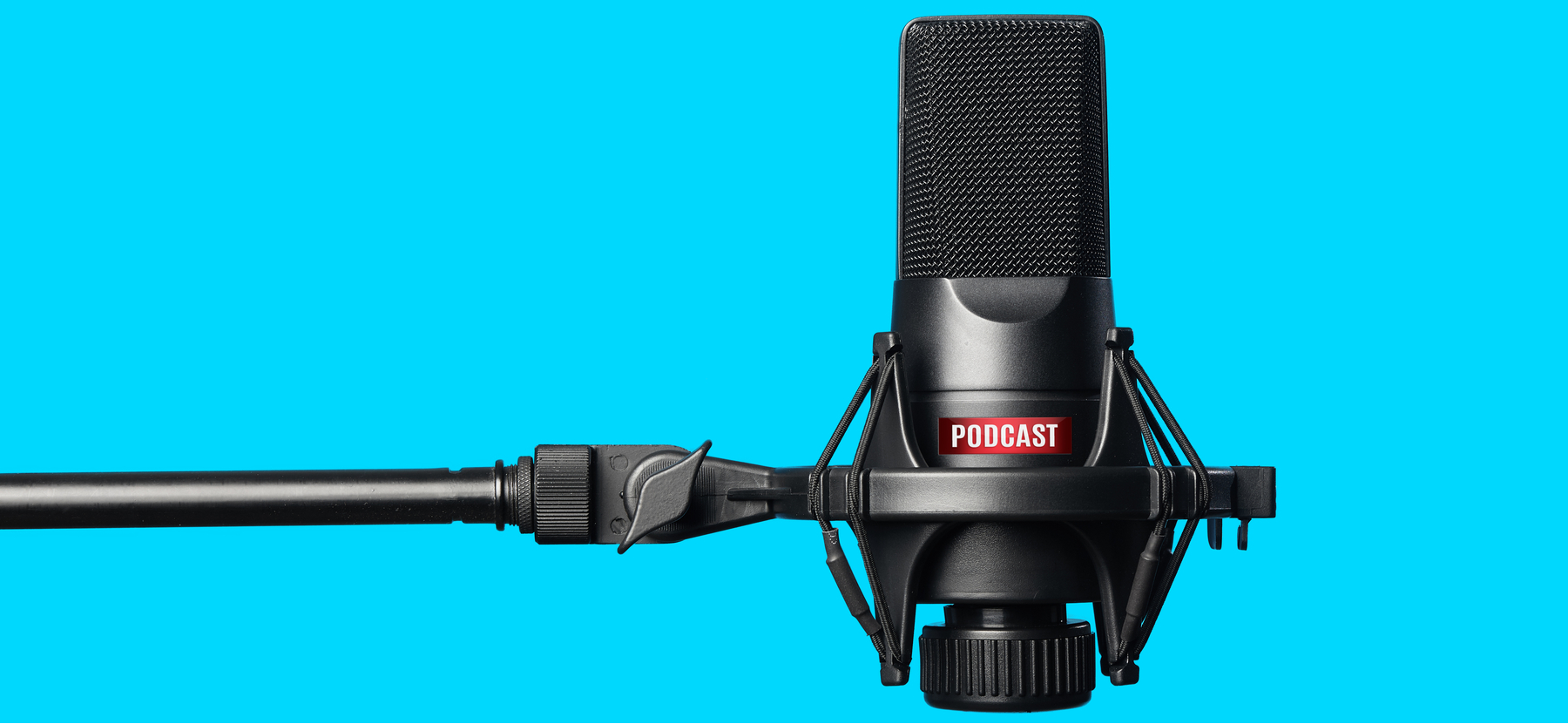Podcasts have hit the mainstream: Over half of the U.S. population is tuning into this engaging format that can be educational, inspirational, and entertaining.1 Furthermore, advertisers are taking notice and ad revenue is expected to surpass $1B in 2021.2 Pharmaceutical marketers can tap into this compelling medium in three ways based on their brand objectives.
1. Podcast Ads:
- For brands looking to reach audiences at scale, marketers can run ads across a podcast network, tapping into specific audiences and categories. Brands can also align with contextually relevant content to make sure their message is heard and on-brand with that target.
- Since these ads are not show specific, consider how a message for mass consumption in the podcast space should sound. For example, keep the tone conversational, or leverage podcast-specific language, such as “this episode is brought to you by.”
- While this method of podcast advertising is efficient in price, it poses risks for marketers who require a level of insight into what content their ads run in. Brand safety for podcast ads is still in its infancy, but it will be a gamechanger for pharma marketers.
2. Show Sponsorships:
- Brands can also tap into an engaged listener community via podcast sponsorships. This gives marketers a chance to align with specific shows that are relevant to their brand—and fully understand where their ads are running.
- Many podcast sponsorships can come in the form of host-read ads or long-form integrations. This could be risky for pharma advertisers, as any kind of endorsement would require actual use and relevant conditions from the host themselves.
3. Branded Podcasts:
- If marketers are looking for full creative control, branded podcasting will be the most favorable route. This solution allows brands to tell stories that are curated for their audience while also providing full transparency into the content (because they created it!). The goal of branded podcasts is to drive deeper favorability and passion for your brand, not to message a quick call-to-action or disclaimer.
- The key factor to success in branded podcasts is to ensure the story is as engaging as a non-branded podcast. Marketers should consider these questions when ideating:
- How does our product improve our consumers’ everyday lives?
- How do we speak about that improvement in a relatable, personal way?
- Are there influential personalities who leverage our product that can host this story?
- Lastly, producing the podcast is half the work. Like any branded content, brands must promote the podcast, including owned sites, social channels, and paid media.
In closing, if marketers are still not sure which solution to leverage, brand KPIs should act as a guide. Is efficient pricing and reaching an audience at scale important? Do you want to build brand authenticity with a pre-existing audience? Or do you want to build your own community around a customized content experience? Once these questions are answered, marketers can work with their publisher partners to understand what’s available to them.
Sources:
1. Edison Research, The Podcast Consumer 2019
2. IAB Podcast Revenue Study, June 2019







